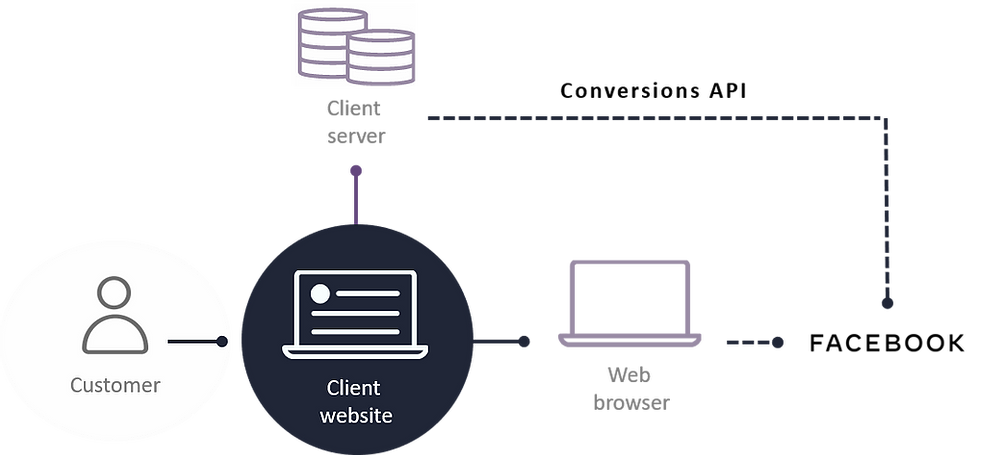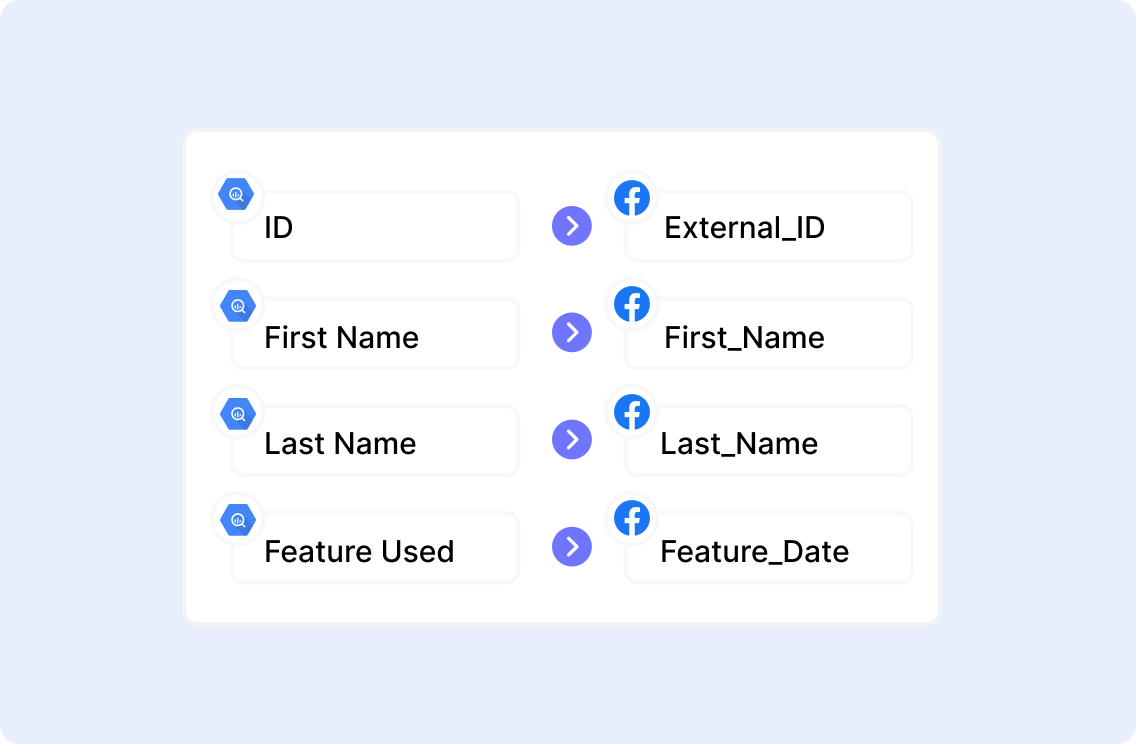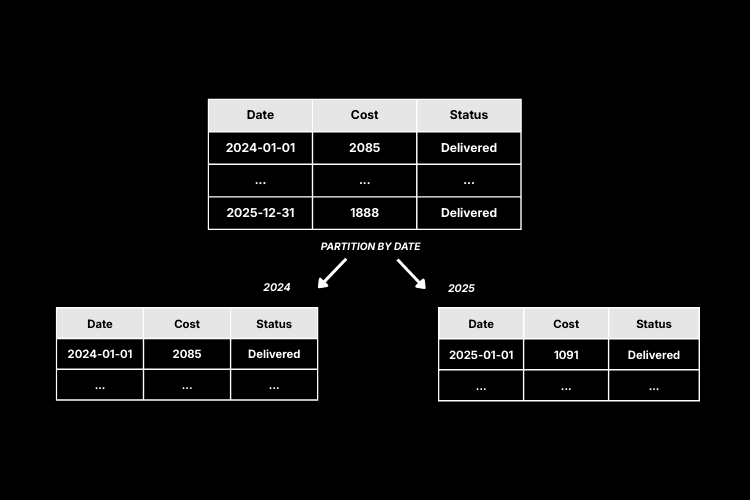In the recent years, more and more initiatives around data privacy have been launched. Examples include the latest Apple's iOS 14, GDPR, CCPA and Google's privacy-first web — a shift away from tracking individuals toward doing anonymized aggregations with FLoC (Federated Learning of Cohorts). Where is that taking the web over the coming years? It's hard to predict, but a few things are for sure:
- Only first-party data survives.
- The privacy of the end-user, the consumer, comes first.
- Client side tracking (such as "pixel" tracking) is dying; browsers are becoming less reliable as a medium for tracking users.
The key question is: how do you accurately track users, e.g. monitor conversions for ad platforms to optimize your campaigns?
Many companies I've spoken to are seeing a continuous drop in conversion accuracy, which can hurt campaign performance. That's why it's an important problem to tackle as soon as possible.
The way many platforms — including Facebook — are approaching this is with the concept of a Conversion API or server-side pixel. This sends conversion events directly from your server, database, or data warehouse into Facebook Ads. In this post, I will explain how to do reliable server-side tracking for ad platforms, using Facebook Ads as an example.
 Future-proof your digital strategies for a cookieless world with our Future of Advertising Ebook →
Future-proof your digital strategies for a cookieless world with our Future of Advertising Ebook →
Facebook Conversions API – What is it?
Today, most companies running ads use client side pixels to track performance – for Facebook, that's the Facebook Pixel implemented on your website. This pixel tracks user actions and conversions, such as a purchase, lead form submission, or add-to-cart, and sends that data directly to Facebook through the user's device (i.e. client side).
This method of tracking first-party data is powerful and easy to implement. However, with new browser policies, high ad blocker adoption, and the ongoing death of cookies, tracking via the pixel is unreliable and will hurt ad performance over time.
Instead, Facebook has introduced the initiative of sending data from your application servers (i.e. not from the user device) into Facebook Ads. This server-side tracking is much more reliable and enables advertisers to better control what data is sent to Facebook — even sending custom down funnel conversion events (for example, a bank or fintech company could send a "first transaction made" event). Moreover, all the regular pixel events can also be sent server-side instead of client-side.

How to Send Data from Your Data Warehouse Directly into Facebook Ads
There are multiple ways to send server-side events to the Facebook Conversion API. One method is to implement events throughout your back-end code and push the data through tools like Segment or Zapier. Another method is to leverage your data warehouse — where all your data is already stored — and push the relevant data points into Facebook via that channel.
At Weld, we believe your data warehouse should be your source of truth and the place where you take control of all your company's data. Our tool enables you to sync data easily in and out of the data warehouse.
This is where Weld comes into the picture for the Facebook Conversion API. With Weld, you can map your data points from your data warehouse and push them into Facebook close to real-time. This gives you the full freedom to choose exactly what data to send without having to implement any back-end tracking yourself.

Bringing It All Together
The benefits of syncing customer data directly into Facebook Ads are many – first, it provides a more reliable way of tracking events; second, it offers a flexible method to send custom down funnel events.
Above all, your paid performance will benefit from better results with the use of the Facebook Conversion API.












